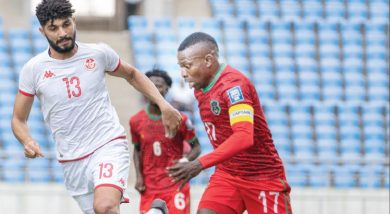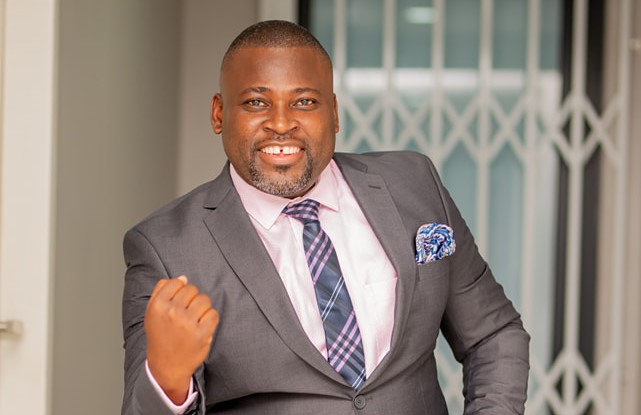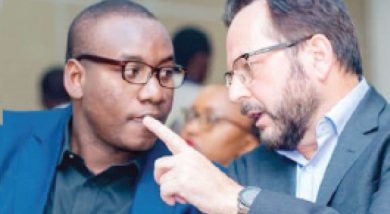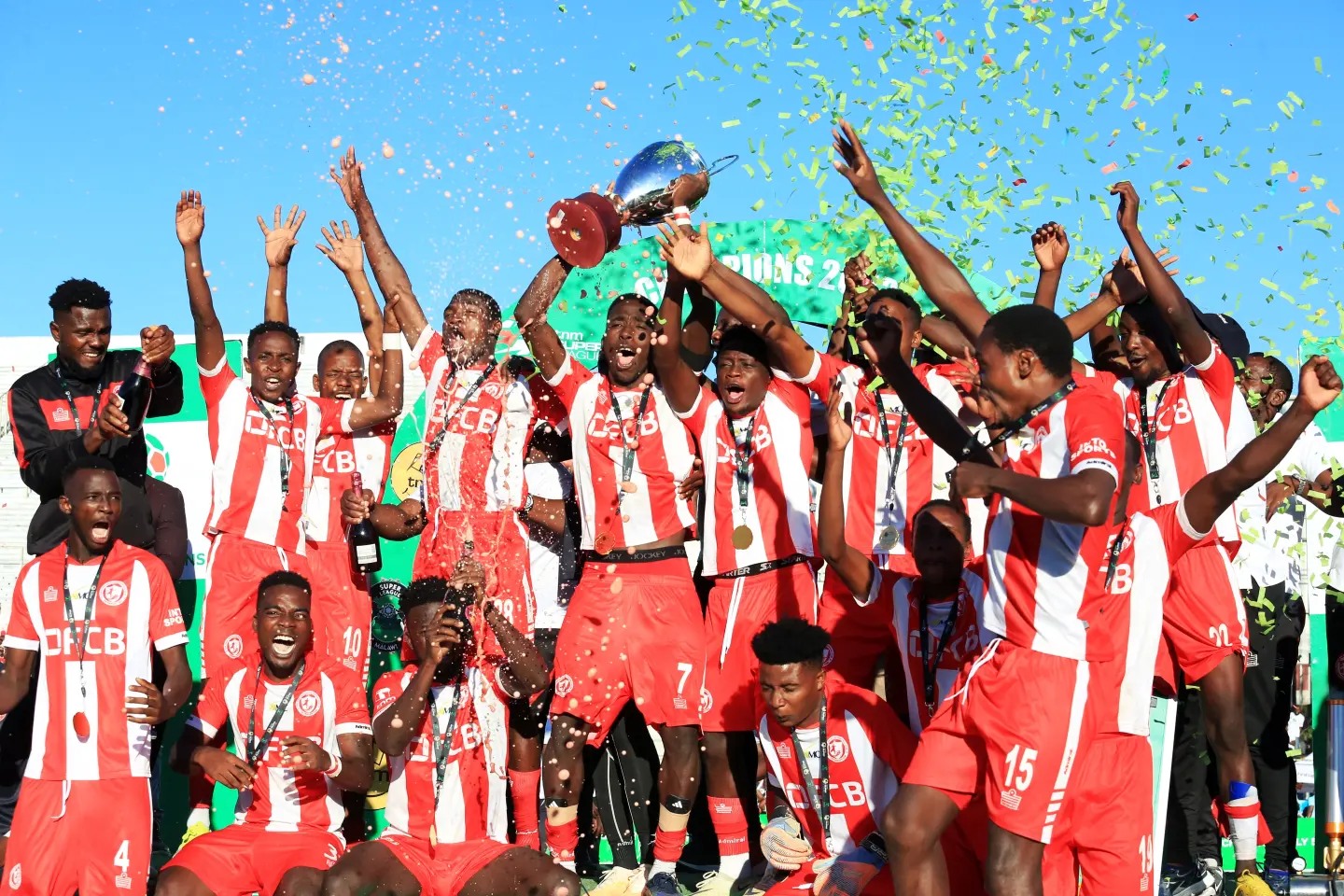FAM to keep a weather eye on match-fixers
Once bitten, twice shy. FAM says it is on the lookout for potential match fixers following the Flames’ qualification to the 2021 Africa Cup of Nations (Afcon) finals.
This comes against a background of match-fixing scandal revelations after the 2010 Afcon finals in Angola where some Flames players reportedly pocketed K270 million.
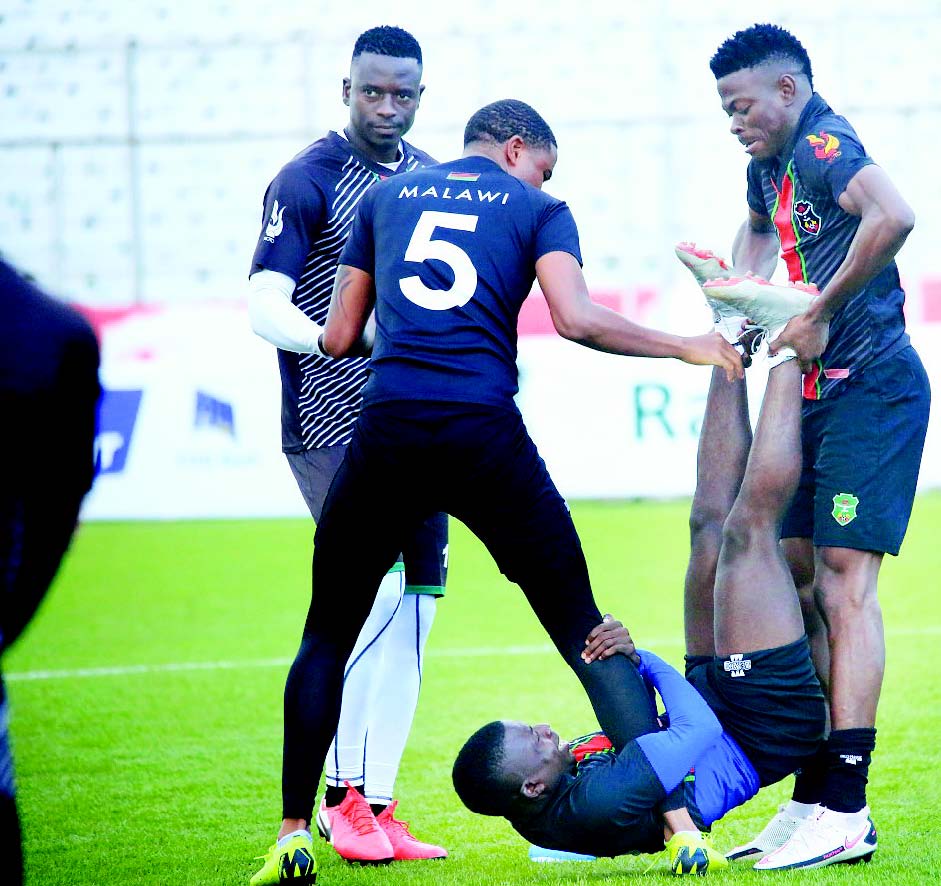
The revelations led former midfielder Hellings Mwakasungula to get a life ban from world football governing body Fifa after being found guilty.
In an interview on Thursday, Football Association of Malawi (FAM) president Walter Nyamilandu said they are aware that following the conclusion of the qualifiers, match-fixing agents could be working behind the scenes to manipulate players and officials.
He said: “Match-fixing is a critical aspect that we cannot overlook or take lightly.
“We will be intensifying security and intelligence to deter bad elements that might want to corrupt the Flames in one way or the other.
“For this reason, we will tighten the camping conditions of the Flames by limiting exposure with the unwarranted visitors.
“This will entail that visitors will only be allowed in the hotel or camping site with express approval of the designated security officer. We are also going to conduct integrity sessions with the players regularly to ensure that they uphold sound moral values.”
The FAM president said the association will also be reinforcing the national team code of ethics and disciplinary.
“This is already in place and the players signed the code as they enter camp training,” he said.
Flames captain Limbikani Mzava said while some players fall into the trap of match-fixing, he is hopeful that the current squad won’t be tempted into such “evil acts”.
He said: “I won’t talk about whether or not it has happened before, but as players, there is far much more to gain at such big tournaments than fixing matches in terms of monetary gains and opportunities.
“Looking at how this dedicated group of players sweated and hustled to qualify, I just don’t think there is anyone who can be tempted into match-fixing. If it happens, then it would be very unfortunate.
“This chance comes once in a lifetime and if we give out our best, then we stand a chance of being spotted by teams and agents from overseas. We are also talking about fighting for the cause of our nation.”
Football analyst George Kaudza Masina said match-fixing is becoming “a contagious disease in the world of sports”.
He said: “Considering that the Flames have qualified, our players will be a target of these match-fixing crooks, especially after the draws have been conducted.
“This is the case because these people will have particular matches to fix.
“To avoid the repeat of 2010, where a good number of our players were involved in match-fixing, FAM needs to engage an expert who can conduct an integrity check on both the players and officials.”
Kaudza Masina also suggested that a security expert among the travelling squad would be essential “as was the case before, when team managers were officers from the army which made our national team to be a disciplined lot”.
He said match fixers usually bribe hotel staff to gain access and an intelligence officer in the squad might be essential.
“Suffice to say that the players have to be reminded of the evils of match-fixing with examples and inculcate the spirit of patriotism in them.
“Match-fixing brings disrepute to any sport and any team that is involved in it,” said Kaudza Masina.
According to the evidence which Weekend Nation gathered and published in 2019, seven Flames players, including Mwakasungula, were at the centre of a match-fixing syndicate and reportedly pocketed $360 000 at the 2010 Afcon finals.
Each player is reported to have received $30 000 for fixing the matches in Angola plus $15 000 per game for eight other matches between 2009 and 2010.
The identities of the six other players were not revealed as Fifa stated that they were still under investigation.
However, Mwakasungula then said he was surprised with the ban, arguing he was not given a chance to defend himself.
“Fifa never summoned me for any hearing. The truth is that I was never involved in any match-fixing. My hands are clean,” he said.
At the 2010 Afcon finals, the Flames failed to make it past the group stages. They started brightly with a 3-0 win over then World Cup-bound Algeria, then lost their subsequent matches to the hosts 2-0 and Mali 3-1.


